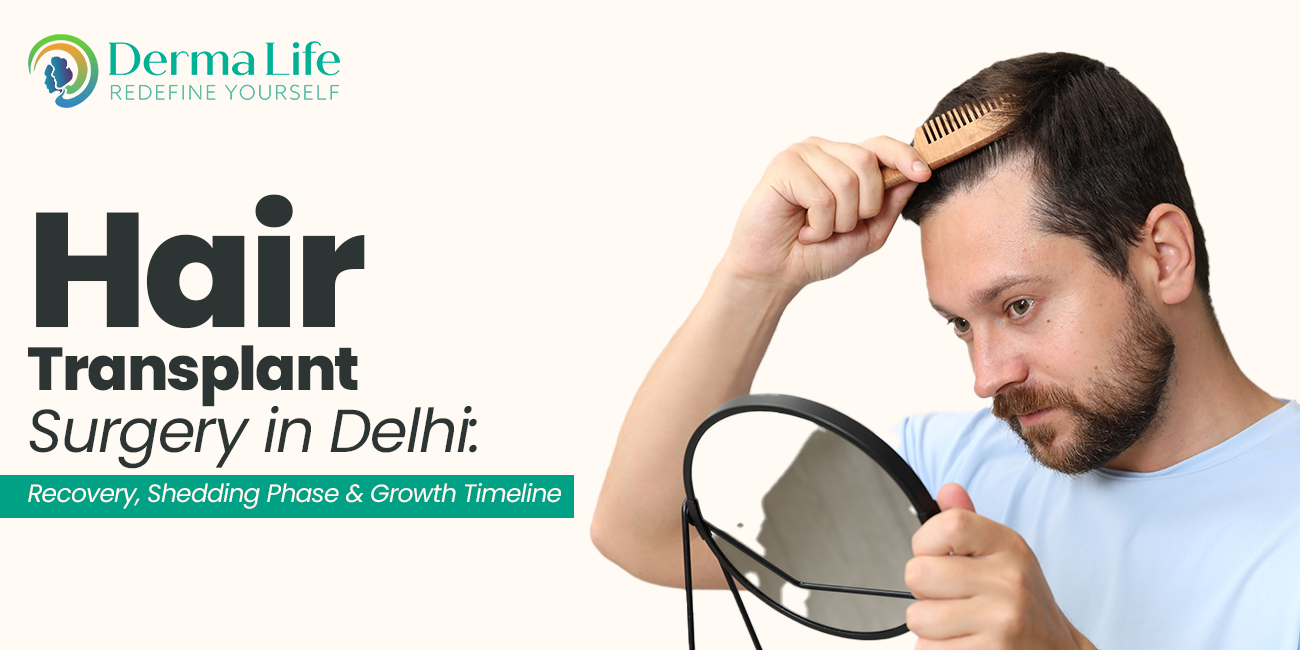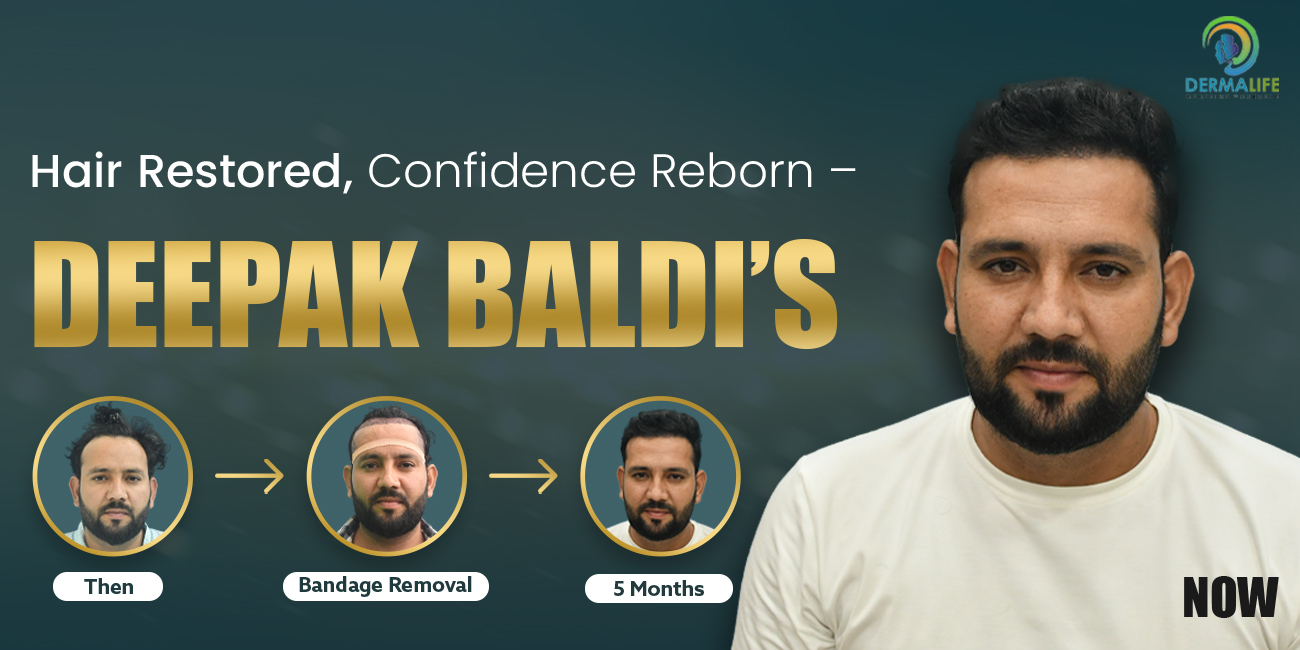Hair transplant is a popular procedure for hair restoration where hair follicles from a donor of the body, typically from the back side of the head, are transferred to a balding spot.
Your surgeon will give you very clear guidelines that you need to follow after your surgery. Here are a few important tips to follow for long-lasting results as well as to reduce the chances of any infection and swelling.
DO’s
DO have someone drive you home after your procedure as you will be given a sedative before surgery and will not be able to drive yourself.
Do keep your scalp and the area around it clean throughout recovery.
Soreness and numbness may be felt. Apply the antibiotic topical cream your surgeon has prescribed you to manage scalp irritation, prevent infection, and reduce swelling.
Do sleep in a semi-upright position to avoid swelling. If possible sleep on a reclining armchair or by keeping extra pillows under your head. For most patients, swelling will subside in a few days, and for some, there is no swelling.
Do avoid direct sun exposure for a few days after the procedure.
Do wash the entire scalp thoroughly after 2 days from surgery, which enables your skin to heal.
Give your hair some gentle care. You must avoid using a towel, or a hairdryer. Use a soft cloth towel and pat your hair dry instead of rubbing vigorously and
Do apply some soothing ointments prescribed by your surgeon to the donor area. This is important to prevent drying of the donor area as well as to reduce crusting
Apply an antibiotic topical cream to prevent any chances of infection as well as reduce pain and swelling.
If you have bleeding from the receiver/donor area, apply steady pressure for 10-15min. In case the bleeding doesn’t stop, call your doctor immediately.
Do speak to your surgeon if any elevated pain or discomfort at the surgery site.
To complete the prescribed medication course given by your doctor. You can take painkillers in case of pain or discomfort.
Do keep yourself hydrated before and after hair transplant surgery.
The forehead and eyelids may swell temporarily. Do apply ice packs near the eyebrow area to get relief from the swelling.
In case you are a diabetic, do ask your surgeon about handling your diet and insulin management.
Do follow the doctor’s instructions carefully and also follow recommendations regarding prescriptions, medications, topical shampoos, etc.
Don’t
Don’t wash your hair for the two days after surgery.
Don’t use high-pressure showers to wash your hair i.e. do not blast the water stream directly onto your scalp.
Don’t use dryers in the treated area.
Don’t use any chemical products such as hair color, etc. as the chemical products can negatively affect the success of the transplanted follicles. Also avoid hair gels, wax, and other similar products for 2-3 months.
Avoid frequent brushing and combing as that can force the breakage of the gentle hair strands on your scalp.
Avoid steam baths or sauna treatments for one month after the procedure.
Do not use any hair styling products for a few months.
Don’t indulge in heavy physical activities, workouts, and swimming for the first week. Too much sweating or wetness can cause infection. The rise in your blood pressure and heart rate will increase the risk of swelling and other complications. You can switch to light cardio exercise instead.
Do not indulge in contact sports such as football or boxing for a few months as this can hurt the grafts, potentially dislodging them from your scalp
Commonly, your scalp will itch after your hair transplant. Don’t rub or scratch the scalp as the area is very sensitive post-surgery. Scarring and itching should be managed using topical creams prescribed by your surgeon.
Avoid direct sun exposure to your scalp for 2 weeks and make sure you cover the scalp with a hat.
Don’t apply any ice pack directly to your scalp as the skin is very sensitive during the healing period.
Do not wear a hat or any headgear such as a bike helmet or a safety helmet for at least one month after your transplant
Don’t be alarmed if some of the transplanted hair falls out from the operated areas about 2 to 4 weeks after your procedure. This is entirely normal and part of the natural hair growth cycle.
Do not smoke, use nicotine-based products, or drink alcohol for seven days after your procedure.
Do not consume processed or overly unhealthy foods for a few days after your transplant.
A healthy lifestyle will facilitate the healing process for your scalp. The instructions apply to anyone undergoing surgery; however, there may be additions, depending on personal conditions.
Following the given instructions carefully is essential for making the transplant successful.





